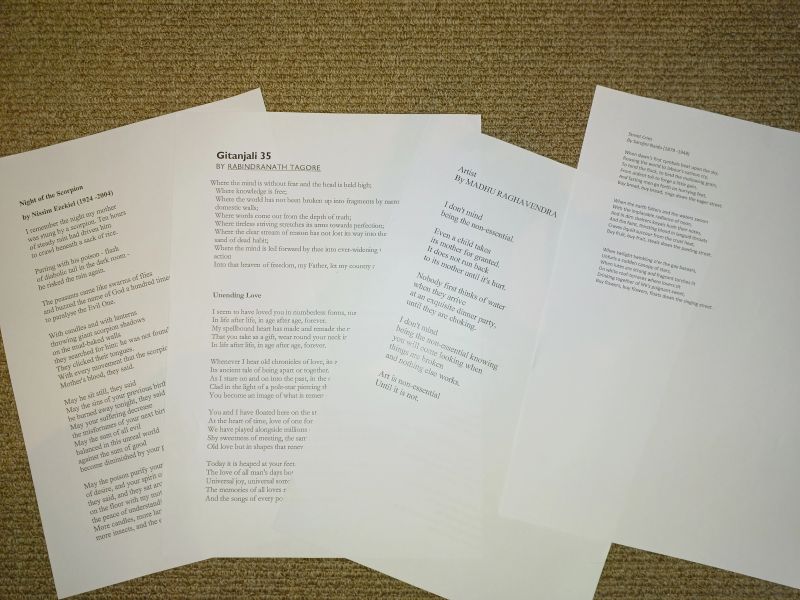When managing a website’s SEO, one crucial aspect to consider is determining which pages should be indexed by search engines and which ones should not. Allowing search engines to index irrelevant or non-essential pages can negatively impact your site’s SEO performance and clutter search engine results. Strategic exclusion of certain pages is essential to maintain a high-quality, user-focused experience.
In this article, we’ll explore
best practices for determining which types of pages not to index, with a focus on enhancing the relevance and performance of your website in search engines. Understanding when to exclude pages can improve your SEO efforts, ensuring that search engines prioritize high-quality content.
Thin or Low-Quality Content
One of the main culprits for cluttering search engine results is
thin or low-quality content. Pages that do not offer substantial value to users should not be indexed, as they can negatively affect your site's ranking.
Recommendation:
Identify pages that lack useful information or are too brief to engage users effectively. Exclude these pages from indexing and focus on creating high-quality, informative content that matches user intent. This practice ensures that only valuable pages are indexed and visible to search engines.
Duplicate Content
Duplicate content can cause confusion for search engines when determining which version of a page should rank higher. Having multiple URLs with similar content can lead to lower rankings, as search engines may view this as an attempt to manipulate rankings.
Recommendation:
To avoid indexing duplicate content, use
canonical tags to specify the preferred version of the content. Additionally, ensure that duplicate content, such as printer-friendly pages or alternate language versions, are excluded from indexing.
Internal search result pages often generate multiple URLs that essentially display the same content in different forms, contributing to duplicate content issues. These pages are unnecessary for indexing because they do not provide unique content for users or search engines.
Recommendation:
Exclude
internal search result pages from indexing by using meta tags or robots.txt files. This will prevent search engines from wasting crawl budget on pages that don't add value to your site's overall visibility.
Archive or Staging Pages
Archive or
staging pages are temporary or duplicate versions of your live site used for development and testing. These pages should not be indexed, as they can interfere with your live content and confuse search engines.
Recommendation:
Use
robots.txt or
noindex meta tags to prevent search engines from crawling and indexing these pages. This ensures that only live and relevant content is indexed and displayed in search results.
Thank You and Confirmation Pages
Thank you and
confirmation pages that appear after form submissions or purchases do not typically offer value to users beyond their specific interaction. These pages do not need to be indexed, as they do not contribute to broader search queries.
Recommendation:
Exclude
thank you and confirmation pages from indexing to avoid unnecessary clutter in search engine results. This allows search engines to focus on more important content, such as blog posts, product descriptions, or service pages.
Login or Session-Specific Pages
Pages that require
user authentication or are specific to individual sessions should not be indexed, as they are irrelevant to public search engine results and can even pose security risks if publicly accessible.
Recommendation:
Exclude login, account management, and other session-specific pages from being indexed. Use
noindex meta tags to keep these pages out of search engine results, ensuring only public-facing content is available.
Paginated Pages
When content is spread across multiple pages, search engines may index each individual page, resulting in content fragmentation. Paginated content can dilute the overall SEO value of your site if not properly managed.
Recommendation:
For paginated content, use
rel="next" and
rel="prev" tags to signal the relationship between pages. This helps search engines understand the content structure without indexing each individual page.
Category or Tag Pages
While category and tag pages can be useful for organizing content, indexing these pages can sometimes dilute the relevance of your main content. In some cases, these pages provide less value to search engines compared to the actual posts or articles.
Recommendation:
Evaluate whether category or tag pages are contributing to the SEO goals of your site. If not, use
noindex meta tags to exclude them from indexing and avoid diluting the overall relevance of your site.
Privacy Policy, Terms of Service, and Legal Pages
Legal pages such as
privacy policies or
terms of service are important for compliance, but they generally don’t need to appear in search engine results. These pages are typically not useful to a general audience and may not attract relevant traffic.
Recommendation:
Add
noindex meta tags to your privacy policy, terms of service, and other legal pages. This ensures they remain accessible on your site but do not take up valuable space in search results.
Dynamic URLs with Parameters
Pages that generate
dynamic URLs with parameters, such as filtering or sorting options, often result in many variations of the same content. These pages don’t offer unique value to users and can clutter search engine results.
Recommendation:
Exclude dynamically generated pages with parameters from being indexed. Use
canonical tags to point search engines to the primary version of the page, or configure parameter handling in
Google Search Console.
Unnecessary Media or File Attachment Pages
WordPress can generate separate pages for media files or attachments. These pages are often bare and provide no additional content beyond the file itself, making them unnecessary for indexing.
Recommendation:
Use
noindex meta tags to prevent these pages from appearing in search results. The media files can still be accessible and useful for your users without being indexed as standalone pages.
